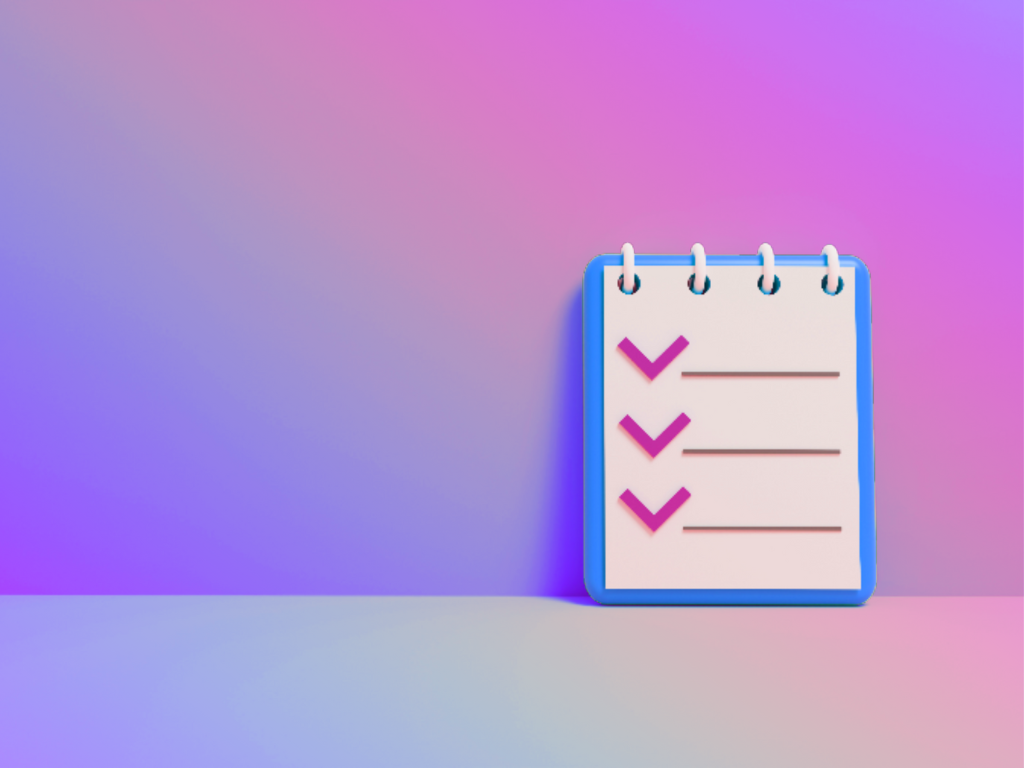Your Union menu
Build Confidence
The Students’ Union is an independent charity that exists to advance your education at the University of Portsmouth through a range of exciting services and activities. Our mission is to have a positive impact with every Portsmouth student: Students are heard, students are empowered, students thrive.
Elections menu
information
The Students’ Union Elections.
Get Advice menu
Get Advice
Campaigns and Info
At UPSU's Advice Service, we offer confidential, impartial and non-judgemental support on a range of academic and university issues that may affect your experience. Our team of trained advisers are on hand all year round to offer help where it's needed. The independent service works closely with the University of Portsmouth to resolve issues and ensure students are treated fairly.
Representation menu
UPSU are here to represent every student at the University of Portsmouth. We have many ways you can express your student voice, including: our Course Rep system, Have Your Say, Student Council, StART, Hot Topic, Annual Survey, Focus Groups, and more! Click on the tabs to learn more about each platform regarding Representation! You can also see a summary of our research by clicking on the UPSU Research & Data page.
Student Groups menu
Contact Us
Student Groups are a great development opportunity and a great place to find new friends, build a community and have a sense of belonging whilst at University!

How to make a to-do list - and stick to it
We all love a good plan to stay organised - but if you find it hard to keep the focus, here are some tips to make work work for you! 👀
- Posted Fri, May 12, 2023 2:38 PM

It seems every piece of study advice you get starts with: a to-do list.
Writing out all your plans, and breaking them down into steps, might sound on paper (haha) like a better way to get organised. But if you’re anything like us, you know it might not be that easy. So we’ve banded together to scour the web for some top to-do list tips - which might just help you ace that disso.
Digital style?
Despite what social media might tell you, people do still write things down on paper. You probably have besties on your course who absolutely love taking paper notes - and maybe we’re a little jealous. There are different pros and cons to having a paper to-do list versus a digital one, so the first step is figuring out what works for you.
This blog post makes a few good points in favour of paper. Physically writing things down does cement them better in your brain than typing them (and we found a scientific article about this, too!) and you get more satisfaction from being able to tick off each component. There's less risk of eye strain, and you don't need to remember to charge a notebook. But while these guys are equally in favour of paper lists, as they point out, you do need to remember to take your notebook with you. It might be way bulkier to carry than a phone, and if you lose your notebook, you've lost your list - there's no way to back it up anywhere. (And you're probably more likely to notice sooner if you lose your phone.) If you need to edit parts of your to-do list, you'll probably need to rewrite the whole thing. List apps, meanwhile, can be easily edited, backed up, can send you reminder notifications, and some of them include little checkboxes for that satisfying tick moment.
So if you've only ever tried one method, maybe take a look at the other. Everyone's brain works differently, and there might be facets of both that really help you stick to a routine.
What's your method?
Once you've narrowed down what kind of to-do list you want to write, you might also want to think about how you're going to write it. Most people would envision a to-do list as just a... long list of stuff to do. But there is a school of thought that suggests that might not work well for everyone.
In this article, the author stresses that multiple types of to-do lists might work in your favour - a list for time sensitive tasks (eg, to be done today), a list for stuff that's important, but not time sensitive, and a calendar, where they block out certain times for everything to be done. From the same website, another author tried out different types of to-do list, and ranked the pros and cons at the end. Again, some things might work better for certain people than others, so exploring different methods can help you identify what works for you. (Our author friend liked to write each task on a sticky note, and do them one at a time. It might work for those who are easily distracted - as long as you identify what needs doing first.)
You can also arrange them in any other way you want; it might be worth having one to-do list for personal use, another for uni work, another for work... and maybe another one for all the fun stuff you want to do, to give you ideas for your next free weekend.
You might find that some of these overlap - you can't apply for your next course (a uni thing) until you've dug out your old certificate (a personal thing) or got a reference from your job (a work thing)- so maybe identifying what needs to come first can make everything else fall into place. And suddenly you're a lot less stressed. Whew.
And last, but definitely not less important-
See what we did there? We ordered the points in this article for efficiency.
Make sure you know the difference between the end goal, and what you have to do to get there. In the example above, you may be thinking that you need to apply for another course, but there's a whole bunch of other things that you need to do first. Break everything down into steps. Even filling in the application form is a step - if you need to type up your qualifications, and then save the form and call it a night, at least you've factored that in.
Deadlines are good for motivation - even if it doesn't have a specific deadline, giving yourself one may encourage you to work more effectively. Maybe your whole dissertation is due at the end of July, but breaking it into smaller tasks, such as a section, before a certain date, might just reduce stress. It might be easier to commit to writing 500 words a day then to cram the whole thing at the last minute, and if you write those 500 words, you might get a burst of inspiration along the way. (Or not, and that's ok too. Save that for the next 500.)
It might also be worth factoring in enough time to eat, and get enough sleep. (We covered the sleep thing earlier.) If you're on a roll, you don't necessarily need to slam the brakes, but it'll help your schedule if you leave enough time to look after yourself, rather than having to fit it in.
And if you're still struggling, we have our Advice Service, as well as the University's Academic Support services, who are more than happy to help with stuff like time management.
Share Post
Post Tags
Latest Posts
Contact Us
-
Call: 023 9284 3628
-
Email: hello@upsu.net
-
-
Useful Links
Social Accounts

The University of Portsmouth Students’ Union has a vision of creating a positive impact with every Portsmouth student during their time at University.



